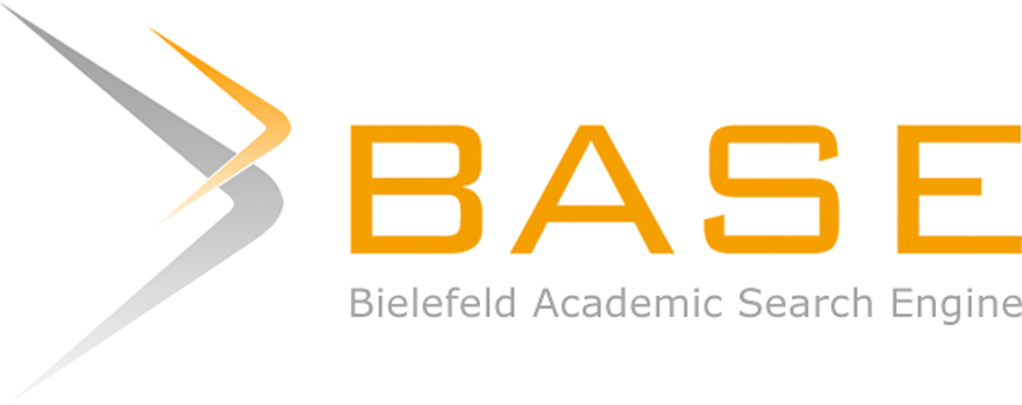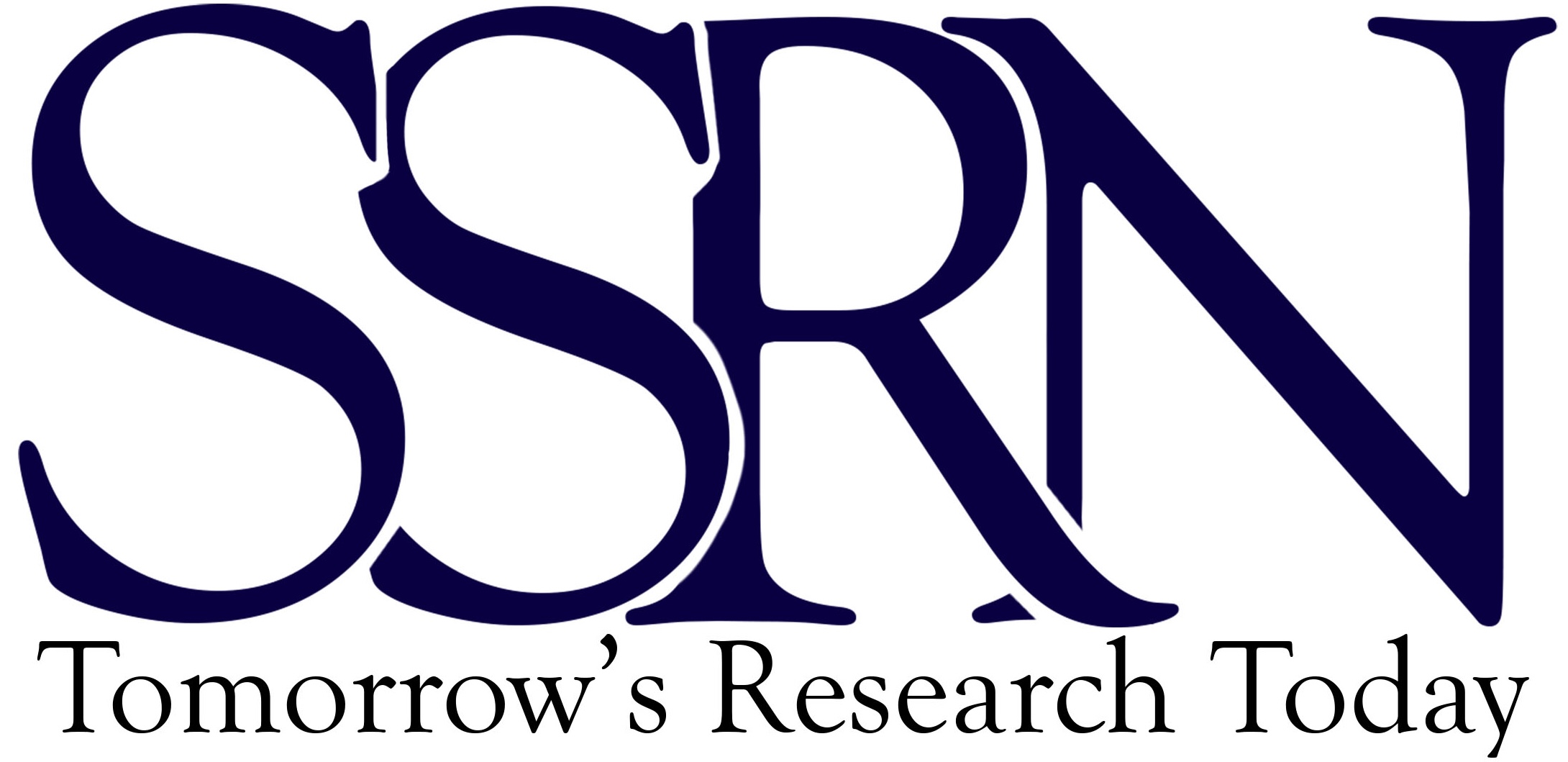Food Insecurity: Sanitation and Hygiene Conditions of Two Municipal Markets in Accra, Ghana
Food Security, Foodstuffs, Hygiene, Markets, Sanitation
Abstract
Achieving food security has been one of the major challenges for the global community. The concept of food security had earlier been highlighted by Robert Malthus in his book “An Essay on the Principle of Population” in the late 18th century. The concept of food security was given a global limelight in the 1970s by the World Food Programme (WFP) and the Food and Agriculture Organization (FAO). With the consideration of food security by the WFP and FAO, much emphasis is placed on the four pillars of food security which are accessibility, affordability, stability and utility without considering the sanitation and hygiene conditions under which such foods get to the final consumer. This study was carried out in two major markets in the Ga East and Ga West Municipalities of Accra. The objectives of the study were, to investigate the sanitation and hygiene conditions of the two major markets in these two municipalities, to investigate the effects of the hygiene and sanitation conditions of these two markets on food security and finally to examine if consumers and buyers consider the sanitation and hygiene conditions of foodstuffs before purchasing them from these two markets. The study was conducted through qualitative research methodology involving focus group discussions, interviews and observations. Purposive and convenient sampling were used to collect data from sellers and buyers of foodstuffs from these two markets. The study found that the sanitation and hygiene conditions of the two markets promote flies, germs, viruses, bacteria and pathogens to thrive which negatively affect the food security of foodstuffs in these markets, especially fruits and vegetables. Poverty on the part of certain consumers made them to purchase rotten foodstuffs without considering the security of these foodstuffs which leads to diseases such as cholera, dysentery and diarrhea. The researcher recommended education to be given to consumers of foodstuffs, implementation of sanitation and hygiene laws, investment in the two markets by the government, individuals and municipal authorities to enhance the hygiene and sanitation conditions of the two markets.
References
1. Boserup, E. (1965). The Conditions of Agricultural Growth: The Economics of Agrarian Change under Population Pressure. Allen & Unwin, London, UK.
2. Cibangu, K. S. (2012). Qualitative Research: The Toolkit of Theories in the Social Sciences. In Asunción, L. V. (Ed.). Theoretical and Methodological Approaches to Social Sciences and Knowledge Management , 95–126.
3. Denzin, N. & Lincoln, Y. E. (2000). Handbook of Qualitative Research. London: Sage Publication Inc.
4. Devereux, S. & Edwards, J. (2004). Climate Change and Food Security. IDS Bulletin , 23–30.
5. Dudwick, N., Kuehnast, K., Jones, V. N. & Woolcock, M. (2006). Analyzing Social Capital in Context: A Guide to Using Qualitative Methods and Data, World Bank Institute. Washington.
6. F.A.O. (1996). Rome declaration on world food security and world food summit plan of action. In: World Food Summit.
7. F.A.O. (2022). Impacts of the Ukraine-Russia conflicts on Global Food security and Related Matters under the Mandate of the Food and Agriculture Organization of the UN (FA0). FAO, Rome.
8. Fischer, G. M., Shah, F. N., Tubiello, H. & van Velhuizen. (2005). Socio-economic and climate change impacts on agriculture: an integrated assessment, 1990–2080. Philosophical Transactions of the Royal Society of London no 360, 2067–2083.
9. Gopaldas, A. (2016). AFront-to-back Guide toWriting a Qualitative Research Article, Qualitative Market Research: An International Journal 19(1), 115–121.
10. Malthus, T. R. (1798). An Essay on the Principle of Population. J. Johnson, in St. Paul’s Church-Yard, London, UK.
11. Nations., U. (2012). Rio+20 united Nation’s conference on sustainable development. In: Agenda Item 10 Outcome of the Conference: The FutureWeWant: A/CONF.216/ L.1. United Nations,Washington DC , 1–53.
12. Nations., U. (2015). Resolution Adopted by the General Assembly on 25 September 2015. 70/1 Transforming Our World: the 2030 Agenda for Sustainable Development. United Nations General Assembly, Washington DC.
13. Walia, R. (2015). A Saga of Qualitative Research. Social Crimonol 5(2).
Downloads
Published
How to Cite
Issue
Section
License
Copyright (c) 2025 Forefront in Sociology & Political Sciences

This work is licensed under a Creative Commons Attribution-NonCommercial-ShareAlike 4.0 International License.













